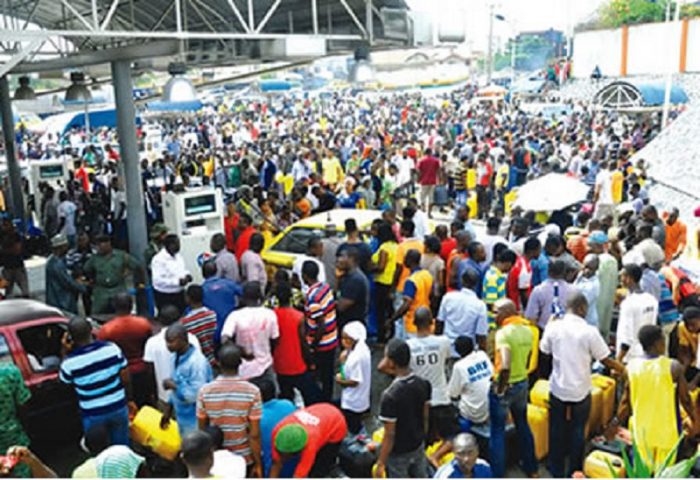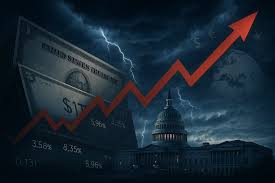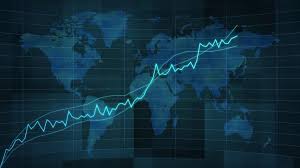How Economic Inequality is Eroding Well-Being in Africa

Economic inequality is a familiar topic in discussions about Africa's development, typically framed in terms of income statistics and poverty rates. However, this focus on monetary metrics obscures a far more profound and insidious consequence: the hidden public health crisis it creates.
Beyond financial hardship, the vast chasm between the richest and the poorest is eroding the mental health, physical well-being, and social fabric of communities across the continent.
This chasm manifests as a devastating health disparity.
The constant, grinding stress of poverty and food insecurity can trigger chronic physiological responses, leading to a higher prevalence of stress-related illnesses like hypertension, heart disease, and diabetes among the poor.
Furthermore, limited access to clean water, sanitation, and nutritious food creates an environment where preventable diseases flourish.
While the wealthy can afford private medical care and live in healthier environments, the majority of the population relies on underfunded, understaffed, and often ill-equipped public healthcare systems, creating a two-tiered health landscape where an individual’s well-being is directly tied to their economic standing.
The psychological toll is equally severe, as the despair of limited opportunity and social exclusion fuels rising rates of depression, anxiety, and other mental health conditions, thereby completing a vicious cycle of poverty and poor health.
The Psychological Burden of Relative Deprivation.
Source: Google
In an unequal society, the psychological burden on individuals is immense.
The constant visibility of extreme wealth often showcased on social media or in affluent urban enclaves creates a pervasive feeling of relative deprivation.
It’s not just about what you have, but about what you lack in comparison to those around you.
This constant stress of "keeping up" or simply observing a life of abundance that is unattainable can lead to chronic psychological distress.
Research has increasingly linked income inequality to higher rates of anxiety, depression, and other mental health disorders. In a highly unequal society like South Africa, studies have shown a positive correlation between income inequality and an increased risk of depression,
particularly among those in low- and middle-income households.
The chronic stress induced by financial instability and the persistent feeling of not being able to provide for one's family can be a major risk factor for mental health issues.
For many, this stress is compounded by a lack of access to mental health services, creating a vicious cycle where the most vulnerable are least equipped to cope.
This psychological toll is not limited to the poor. Even among the more affluent, the pressure to maintain a certain lifestyle and a constant fear of slipping down the social ladder can lead to significant anxiety.
The widening gap fosters a sense of insecurity for everyone, undermining a collective sense of security and well-being.
The Physical Toll: Health and Life Expectancy Disparities.
Source: Google
The effects of economic inequality are not merely psychological; they are physically manifest in health outcomes. Inequality is directly linked to reduced life expectancy, higher infant mortality rates, and a greater prevalence of both communicable and non-communicable disease, The reasons are multifaceted and deeply interconnected.
First, there is the issue of unequal access to healthcare and essential services.
The poor often have limited or no access to quality healthcare, preventive care, and nutritious food.
They are more likely to live in overcrowded, unhygienic environments with limited access to clean water and sanitation, which increases their vulnerability to illness.
This is in stark contrast to the wealthy, who can afford the best medical care, clean living conditions, and quality nutrition.
Second, the psychosocial stress of living in an unequal society takes a direct physical toll.
Chronic stress can weaken the immune system, making individuals more susceptible to disease.
The constant state of worry and hardship can lead to higher rates of substance abuse and other unhealthy coping mechanisms, further exacerbating health problems.
The World Health Organization (WHO) has highlighted that health inequities in Africa, which are intrinsically tied to economic disparities, are a major driver of preventable illness and premature death, with the poor, women, and children being disproportionately affected.
Eroding Social Cohesion and Trust.
Source: Google
Economic inequality does not just affect individuals; it corrodes the very fabric of society.
A widening wealth gap fuels social polarization and undermines social cohesion, the sense of shared community, trust, and common purpose.
When the chasm between the rich and the poor becomes too wide, it becomes difficult for people to see themselves as part of a single community.
This can lead to a breakdown of social trust, with people becoming more suspicious of one another and less willing to engage in civic cooperation.
Studies on social cohesion in Africa have shown a direct correlation between higher levels of inequality and lower levels of social trust. This lack of trust can hinder everything from community-based development projects to political stability.
When a large portion of the population feels left behind, it can breed resentment and a sense of injustice, which can manifest as social unrest, increased crime rates, and political instability.
The "haves" and the "have-nots" live in different worlds, with different opportunities and different realities, which makes it nearly impossible to build a shared future.
African-Led Solutions for a More Equitable Future.
Source: Google
Despite the daunting nature of this challenge, African nations are actively charting a course toward a more equitable future.
Governments and civil society organizations are recognizing that addressing inequality is a prerequisite for sustained development.
• Investing in Social Safety Nets and Human Capital: Countries like Namibia and Ethiopia have been recognized for their strong commitment to reducing inequality through progressive spending on public services.
Programs like unconditional cash transfers, agricultural subsidies, and school feeding programs are vital social safety nets that directly benefit the most vulnerable populations.
• Progressive Tax Systems: African nations are increasingly focused on improving tax administration and adopting more progressive tax systems where the wealthy pay their fair share.
This helps to broaden the tax base and generate the revenue needed to invest in essential public services like education and healthcare, which are powerful equalizers.
• Empowering Local Economies: Initiatives that promote financial inclusion, such as microfinance and support for small-to-medium enterprises, are crucial for empowering local entrepreneurs and workers.
This helps to distribute economic growth more broadly and reduce the concentration of wealth in a few hands.
The fight against economic inequality in Africa is a marathon, not a sprint. It is a battle that must be fought on multiple fronts: economic, social, and psychological.
By focusing on the unseen costs of disparity, African leaders, policymakers, and communities can build a more resilient, just, and healthy society for everyone.
You may also like...
The 1896 Adwa War: How Ethiopia Defied Colonialism
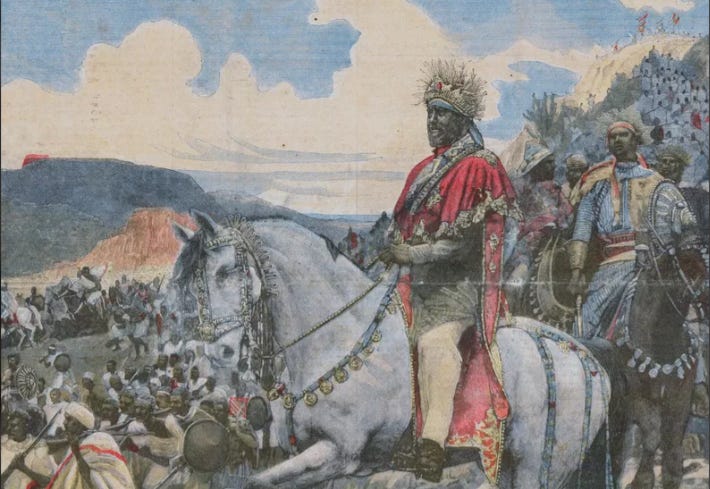
Ethiopia with the exception of Liberia which was used as a settler place for freed slaves remains the only African Count...
Why We Need Sleep: Inside the Brain’s Night Shift

Even when you’re asleep, your brain is quietly up to something, sorting, cleaning, and working behind the scenes.
When Nollywood Meets Netflix: The Creative Tug Between Local Storytelling and Global Algorithms
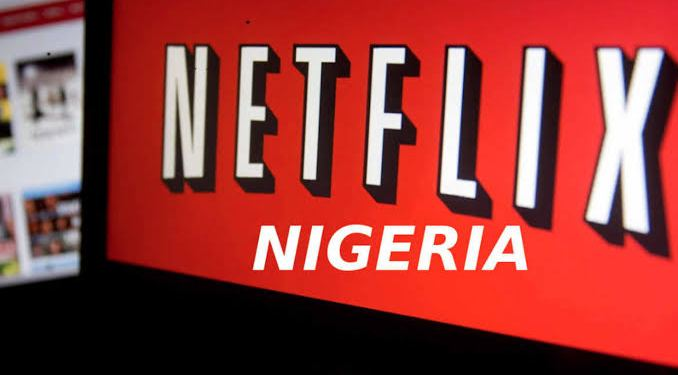
Nollywood’s partnership with Netflix is rewriting the script for African cinema, offering global reach but raising quest...
Mozambique's LNG Megaproject: A Promise or Peril?
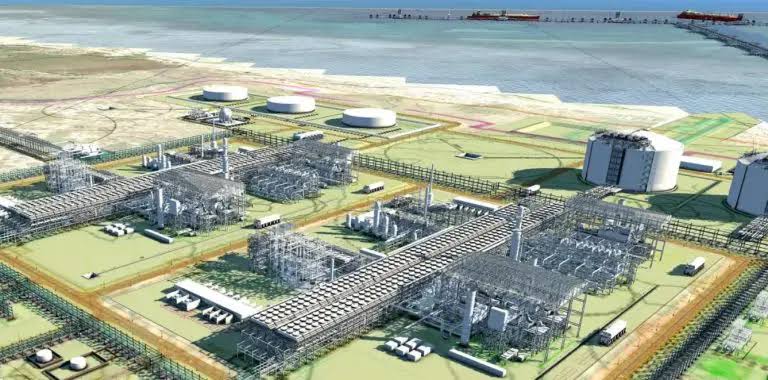
TotalEnergies is leading a consortium in Mozambique as it promises potential restructuring of the nation's energy se...
Aliko Dangote, Africa’s Wealth King: First African-Born Billionaire to Cross $30B
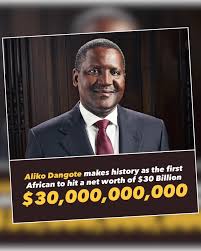
Aliko Dangote, the richest Black man in the world, has reached a new milestone, with a net worth of $30.3 billion, accor...
WAEC Conducts Trial Essay Test Ahead of Full Computer-Based WASSCE in 2026

The trial Computer-Based Test (CBT) for the WAEC essay was held on Thursday, October 23, 2025. The exercise was conducte...
Can Long- Distance Love really work?
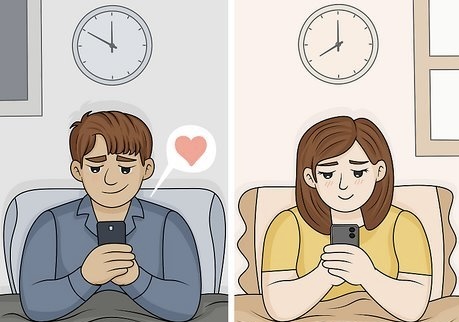
Can love really survive when touch becomes a memory and connection lives behind a screen? For many, distance isn’t the ...
Nigeria’s Rental Crisis: House of Representatives Moves to Cap Rent Hikes at 20%
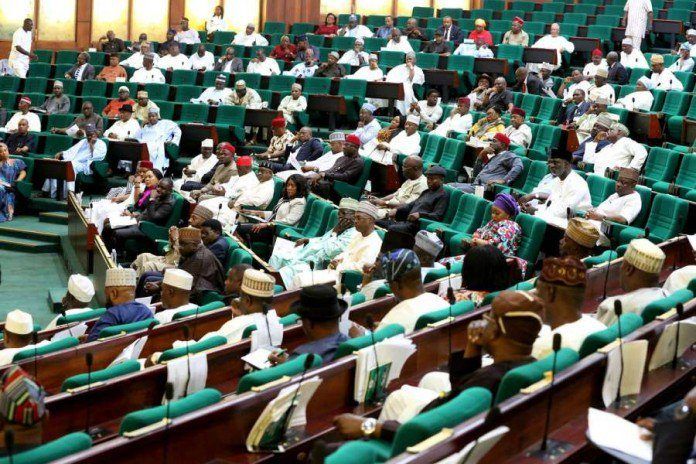
Nigeria's rental market has been under intense pressure, and now lawmakers are stepping in. The House of Rep. has called...


